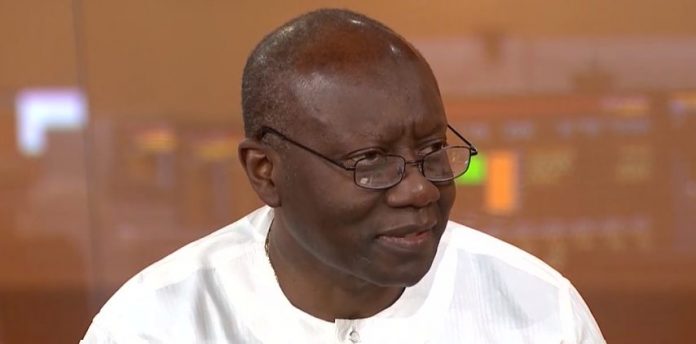Ghana’s debt to its Gross Domestic Product (GDP) is projected to hit a 104.6% by the end of 2022, making the World Bank classify the country as a high debt distress country.
The rising debt servicing cost, the continuous weakened cedi, increasing government deficit will shoot the figure significantly from 76.6% according to an October 2022 African Pulse Report.
According to the report, a forecast GDP of 99.7% and 101.8% in 2023 and 2024, respectively is exoected.
Ghana is also expected to spend around 70% of its revenue in 2022 to service its debt in its estimated economy of about $72 billion.
This report comes in the midst of a Debt Sustainability Analysis between the Bank of Ghana and the International Monetary Fund.
The current state of the country –highly debt distressed –stifles its ability to fulfil its financial obligations, therefore making a debt restructuring a necessity.
“Debt is expected to jump in Ghana to 104.6% of GDP, from 76.6% a year earlier amid a widened government deficit, massive weakening of the cedi, and rising debt service costs. The country’s debt is expected to remain elevated at 99.7% and 101.8% of GDP in 2023 and 2024, respectively.
“Tightening of financial conditions globally along with the fall of the domestic currency widened the sovereign spread by 233 basis points since December 2021”.
The reasons above according to the report was why Ghana lost access to the international markets.
The World Bank says an amount of $1.5 billion is needed from the IMF to help Ghana gain access back to credit markets and shore up public funds.
The report indicates, “Nevertheless, despite the negotiation with the IMF, investors remain nervous about the country’s debt sustainability.”
These concerns, it said, were expressed by the country’s local and foreign currency ratings downgrade from B-/B to CCC+/C, adding, “as a result, despite the news, the cedi fell further with ripple effects on inflation”.
Ghana’s credit rating has recently been downgraded into a deeper junk status by rating agencies, Fitch and Moody’s.
According to the two agencies, the heightening of government’s liquidity and increasing risk of default, coupled with the recent deterioration of the macro-economy as the reasons for the fall.
Source: Onuaonline.com|Ghana













